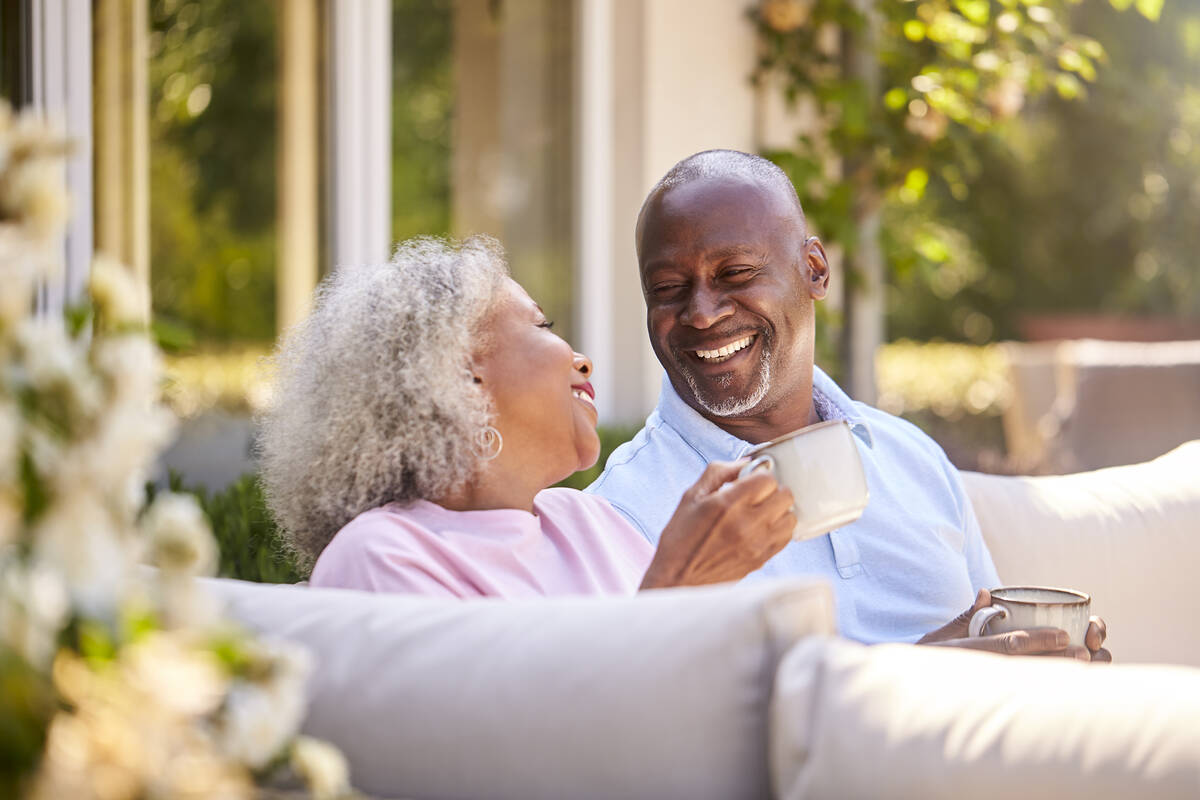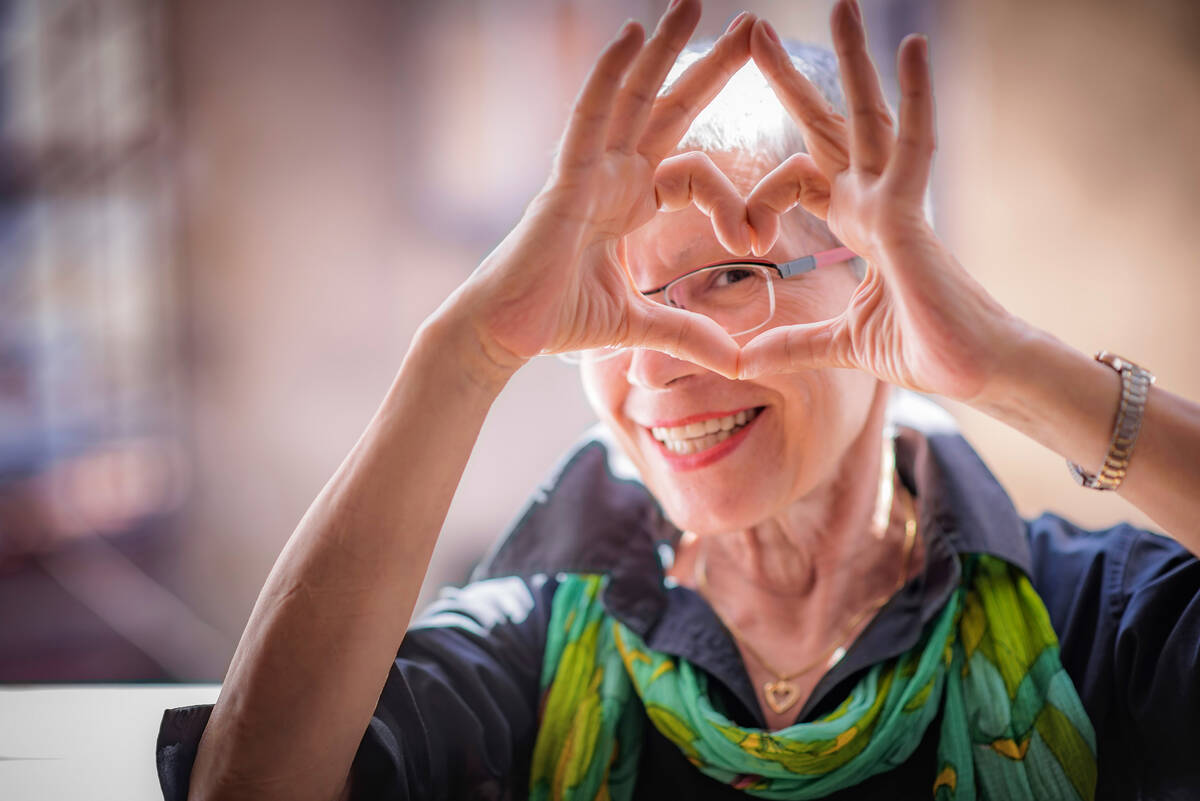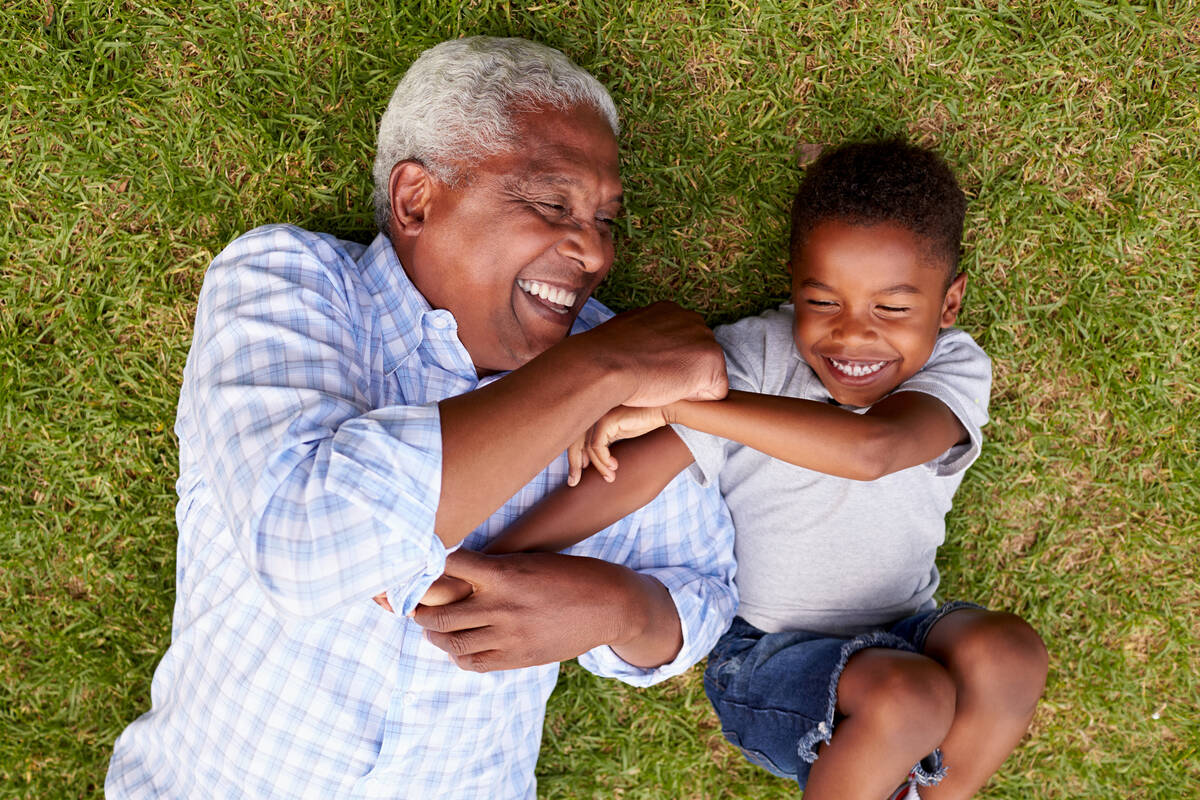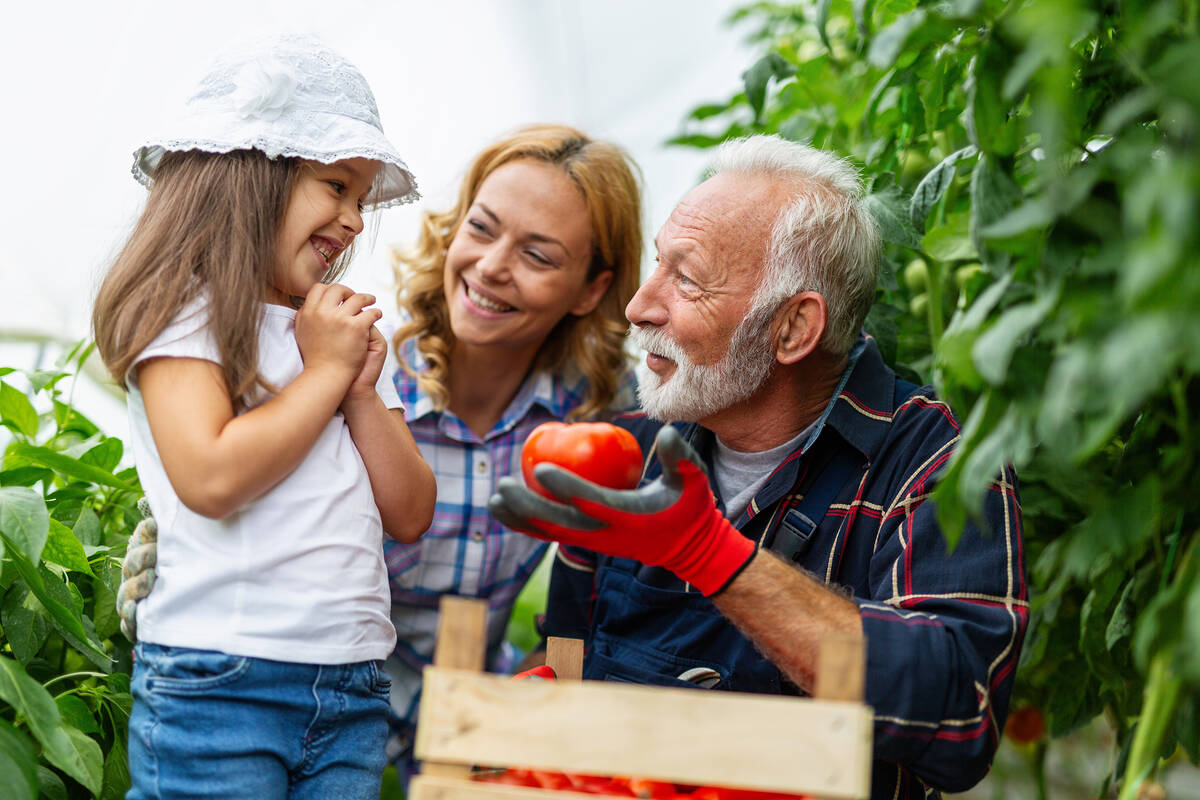Are you an optimist? Your health may depend on it
When you think about the future, do you expect good or bad things to happen?
If you weigh in on the “good” side, you’re an optimist. And that has positive implications for your health in later life.
Multiple studies show a strong association between higher levels of optimism and a reduced risk of conditions such as heart disease, stroke and cognitive impairment. Several studies have also linked optimism with greater longevity.
One of the latest, published this past year, comes from researchers at Harvard’s T.H. Chan School of Public Health in collaboration with colleagues at other universities. It found that older women who scored highest on measures of optimism lived 4.4 years longer, on average, than those with the lowest scores. Results held true across races and ethnicities.
Why would optimism make such a difference?
Experts advance various explanations: People who are optimistic cope better with the challenges of daily life and are less likely to experience stress than people with less positive attitudes. They’re more likely to eat well and exercise, and they often have stronger networks of family and friends who can provide assistance.
Also, people who are optimistic tend to engage more effectively in problem-solving strategies and to be better at regulating their emotions.
Of course, a feedback loop is at play here: People may be more likely to experience optimism if they enjoy good health and a good quality of life. But optimism isn’t confined to those who are doing well. Studies suggest that it is a genetically heritable trait and that it can be cultivated through concerted interventions.
As a new year begins and many people ponder resolutions, fostering a positive outlook could be a worthy goal that reaps healthy rewards.
What does optimism look like in practice? For answers, we talked to several older adults who identify as optimists but who don’t take this characteristic for granted. Instead, it’s a choice they make every day.
Patricia Reeves, 73, Oklahoma City. “I’ve had a fairly good life, but I’ve had my share of traumas, like everyone,” said Reeves, a widow of seven years who lives alone. “I think it’s my faith and my optimism that’s pulled me through.”
A longtime teacher and school principal, Reeves retired to care for her parents and her second husband, a Baptist minister, before they died. During the COVID-19 pandemic, she said, “I’ve been developing my spirituality.”
When I asked what optimism meant to her, Reeves said: “You can see the good in each situation, or you can see the negative. When something isn’t going the way I wish, I prefer to ask myself, ‘What am I learning from this? What part did I play in this, and am I repeating patterns of behavior? How can I change?’”
As for the challenges that come with aging — the loss of friends and family, health issues — Reeves spoke of optimism as a “can-do” attitude that keeps her going. “You don’t spend your time concentrating on your health or thinking about your aches and pains. You take them in as a fact, and then you let them go,” she said. “Or if you’ve got a problem you can solve, you figure out how to solve it, and you move on to tomorrow.
“There’s always something to be grateful for, and you focus on that.”
Grace Harvey, 100, LaGrange, Georgia: “I look for the best to happen under any circumstances,” said Harvey, a retired teacher and a devoted Baptist. “You can work through any situation with the help of God.”
Her parents, a farmer and a teacher in Georgia, barely earned enough to get by. “Even though you would classify us as poor, I didn’t think of myself as poor,” she said. “I just thought of myself as blessed to have parents doing the best they could.”
Today, Harvey lives in a mobile home and teaches Sunday school. She never married or had children, but she was surrounded by loving family members and former students at her 100th birthday party in October.
“Not having my own family, I was able to touch the lives of many others,” she said. “I feel grateful for God letting me live this long: I still want to be around to help somebody.”
Ron Fegley, 82, Placer County, California: “I’m positive about the future because I think in the long run things keep getting better,” said Fegley, a retired physicist who lives in the Sierra Nevada foothills with his wife.
“Science is a very important part of my life, and science is always on the upwards path,” he continued. “People may have the wrong ideas for a while, but eventually new experiments and data come along and correct things.”
Fegley tends a small orchard where he grows peaches, cherries and pears. “We don’t know what’s going to happen; no one does,” he told me. “But we enjoy our life currently, and we’re just going to go on enjoying it as much as we can.”
Anita Lerek, over 65, Toronto: “I was a very troubled younger person,” said Lerek, who declined to give her exact age. “Some of that had to do with the fact my parents were Holocaust survivors and joy was not a major part of their menu. They struggled a lot, and I was full of resentment.”
When I asked her about optimism, Lerek described exploring Buddhism and learning to take responsibility for her thoughts and actions. “Mine is a cultivated optimism,” she told me. “I go to my books — Buddhist teachings, the Talmud — they’ve taught me a lot. You face all your demons, and you cultivate a garden of wisdom and projects and emotional connections.”
At this point in life, “I’m grateful for every moment, every experience, because I know it could end any moment,” said Lerek, a lawyer and entrepreneur who writes poetry and still works part time. “It boils down to, ‘Is the glass half-empty or half-full?’ I choose the fullness.”
Katharine Esty, 88, Concord, Massachusetts: When Esty fell into a funk after turning 80, she looked for a guide to what to expect in the decade ahead. One didn’t exist, so she wrote “Eightysomethings: A Practical Guide to Letting Go, Aging Well, and Finding Unexpected Happiness.”
For the project, Esty, a social psychologist and psychotherapist, interviewed 128 people in their 80s. “The more people I talked with, the happier I became,” she told me. “People were doing interesting things, leading interesting lives, even though they were coping with a lot of losses.
“Not only was I learning stuff, having this purpose and focus brought me a tremendous amount of joy. My vision of what was possible in old age was greatly expanded.”
Part of what Esty learned is the importance of “letting go of our inner vision of what our life should be and being open to what’s really happening.”
For example, after stomach surgery last year, Esty needed physical therapy and had to use a walker. “I had always prided myself on being a very active person, and I had to accept my vulnerability,” she said. Similarly, although her 87-year-old boyfriend thought he’d spend his retirement fishing in Maine, he can’t walk well now, and that’s not possible.
“I have come to think that you choose your attitude, and optimism is an attitude,” said Esty, who lives in a retirement community. “Now that I’m 88, my task is to live in the present and believe that things will be better, maybe not in my lifetime but decades from now. Life will prevail, the world will go on — it’s a sort of trust, I think.”





















